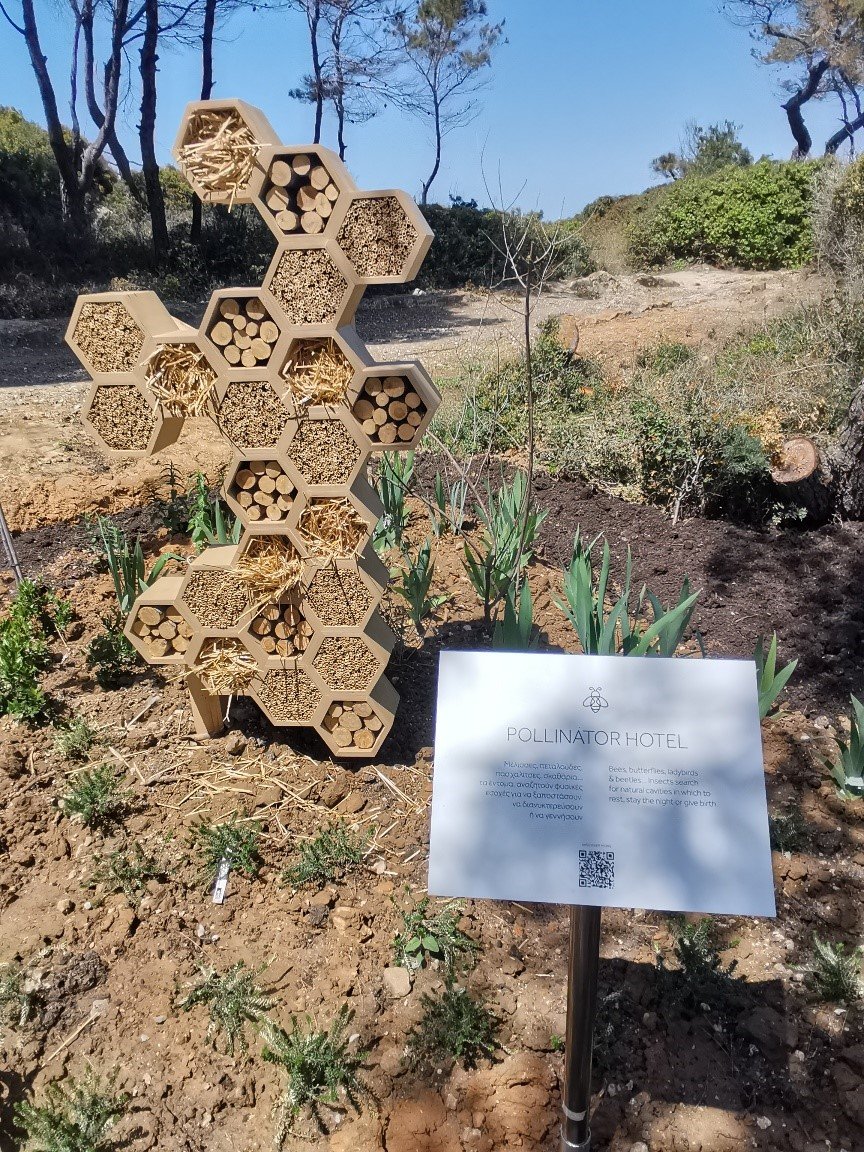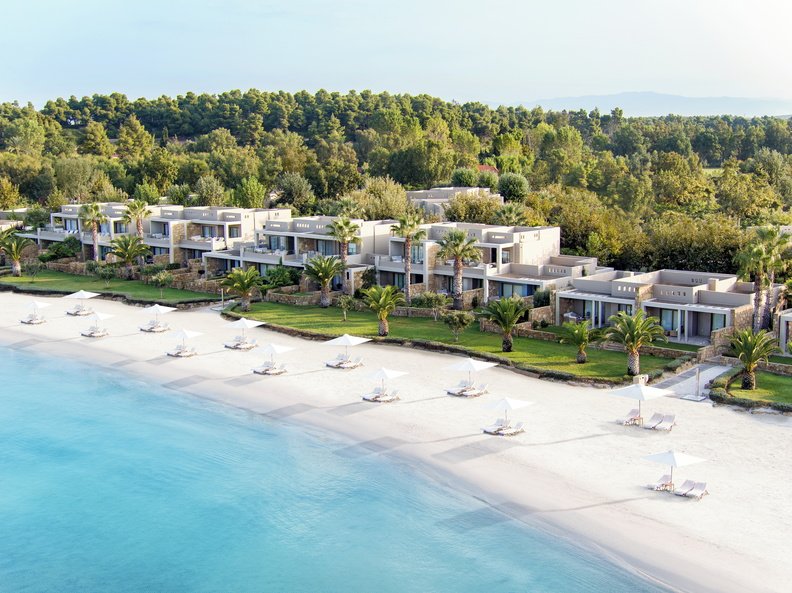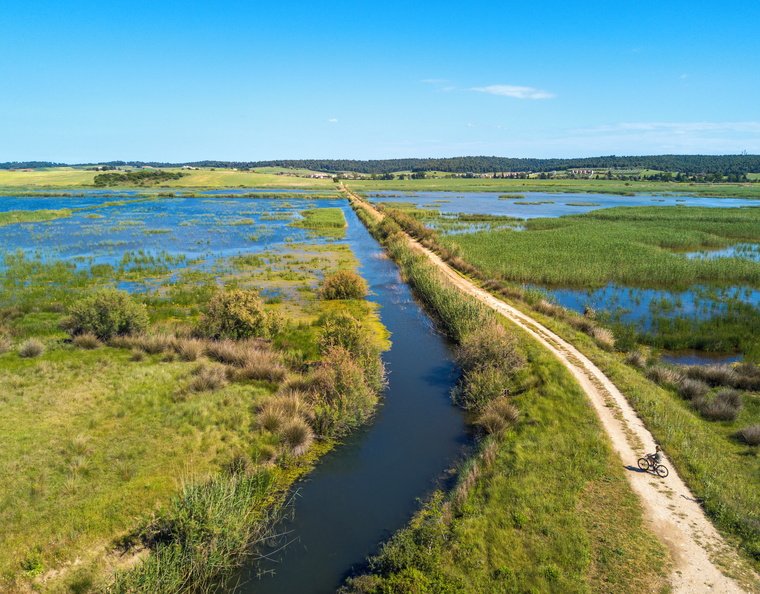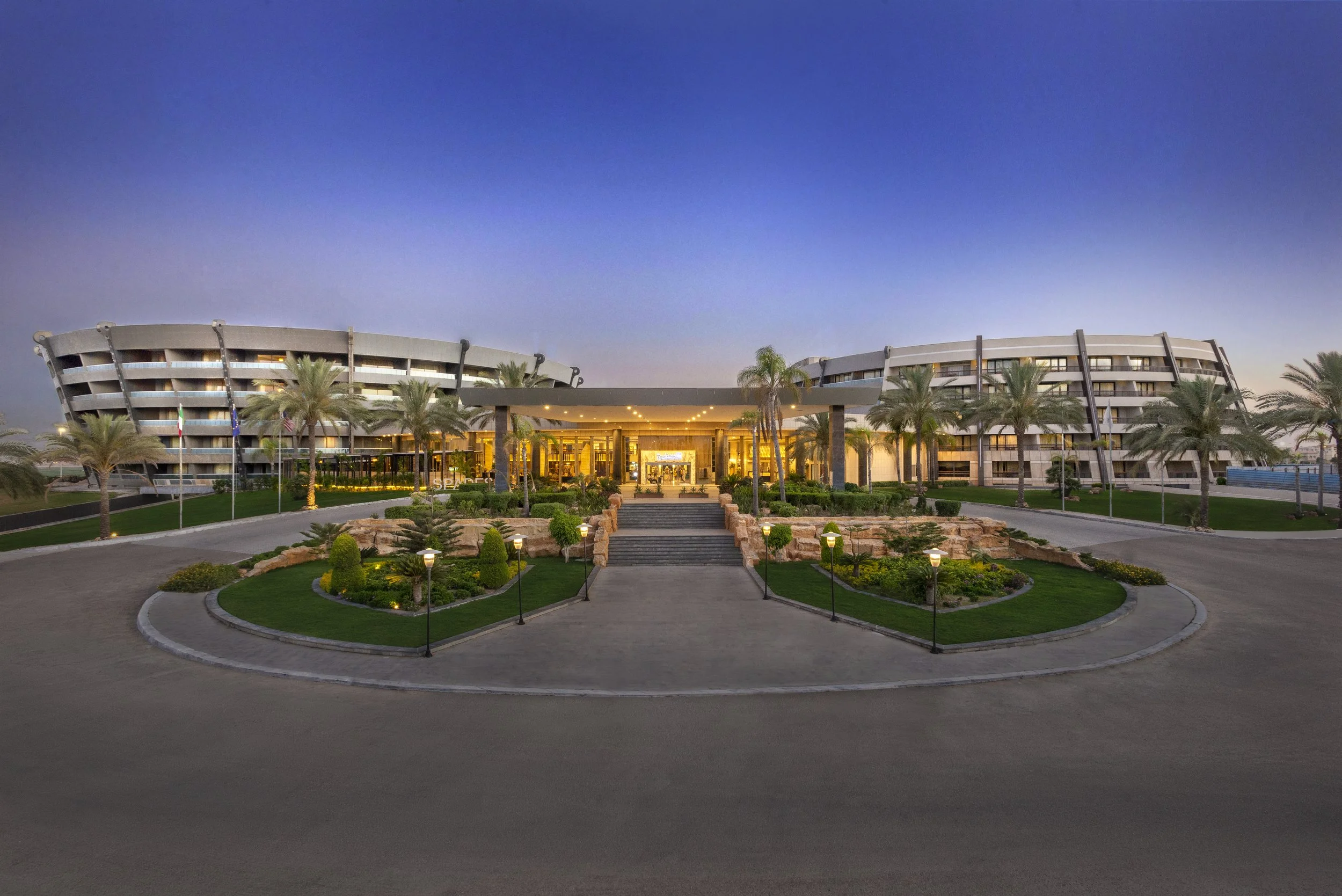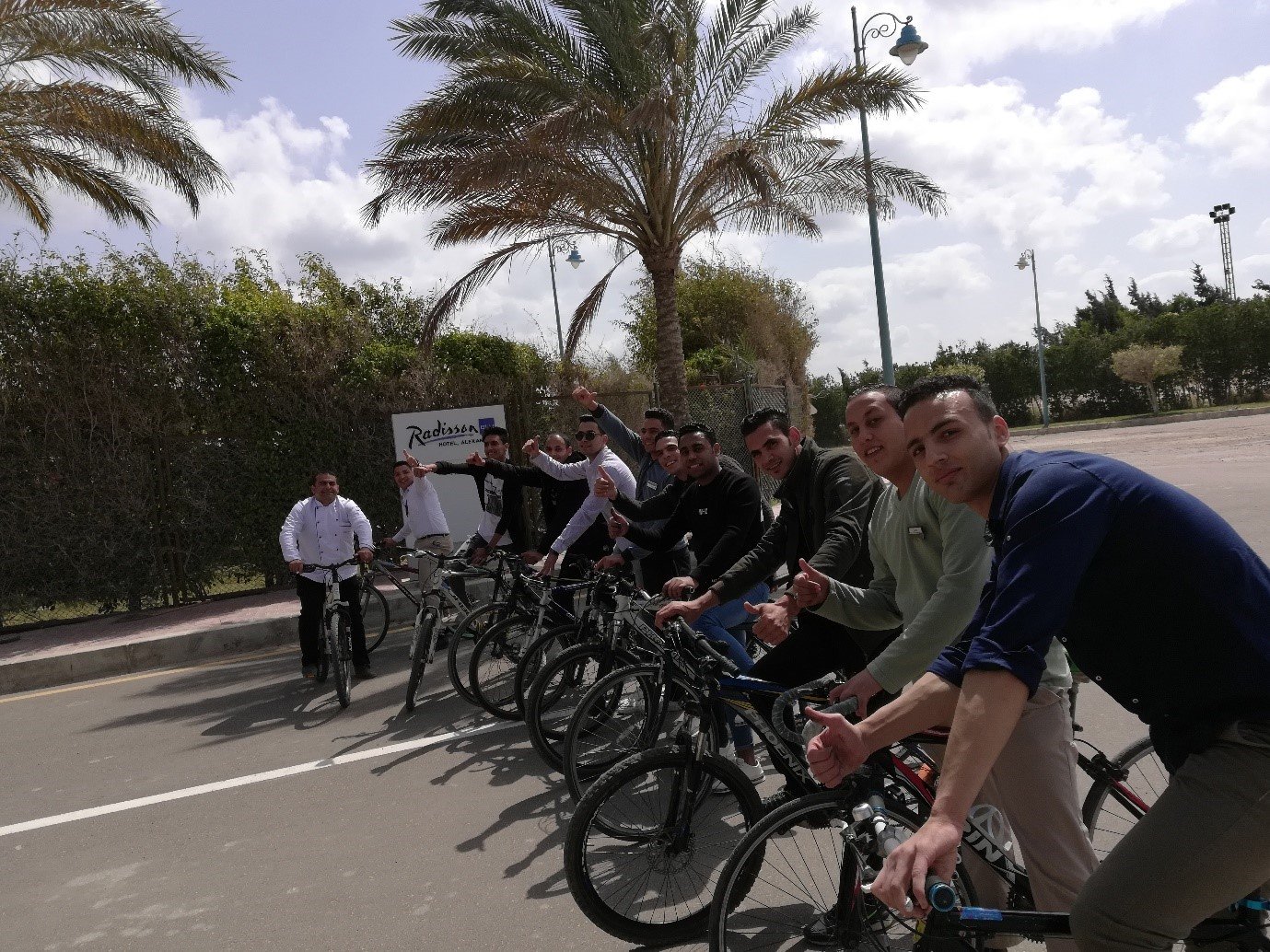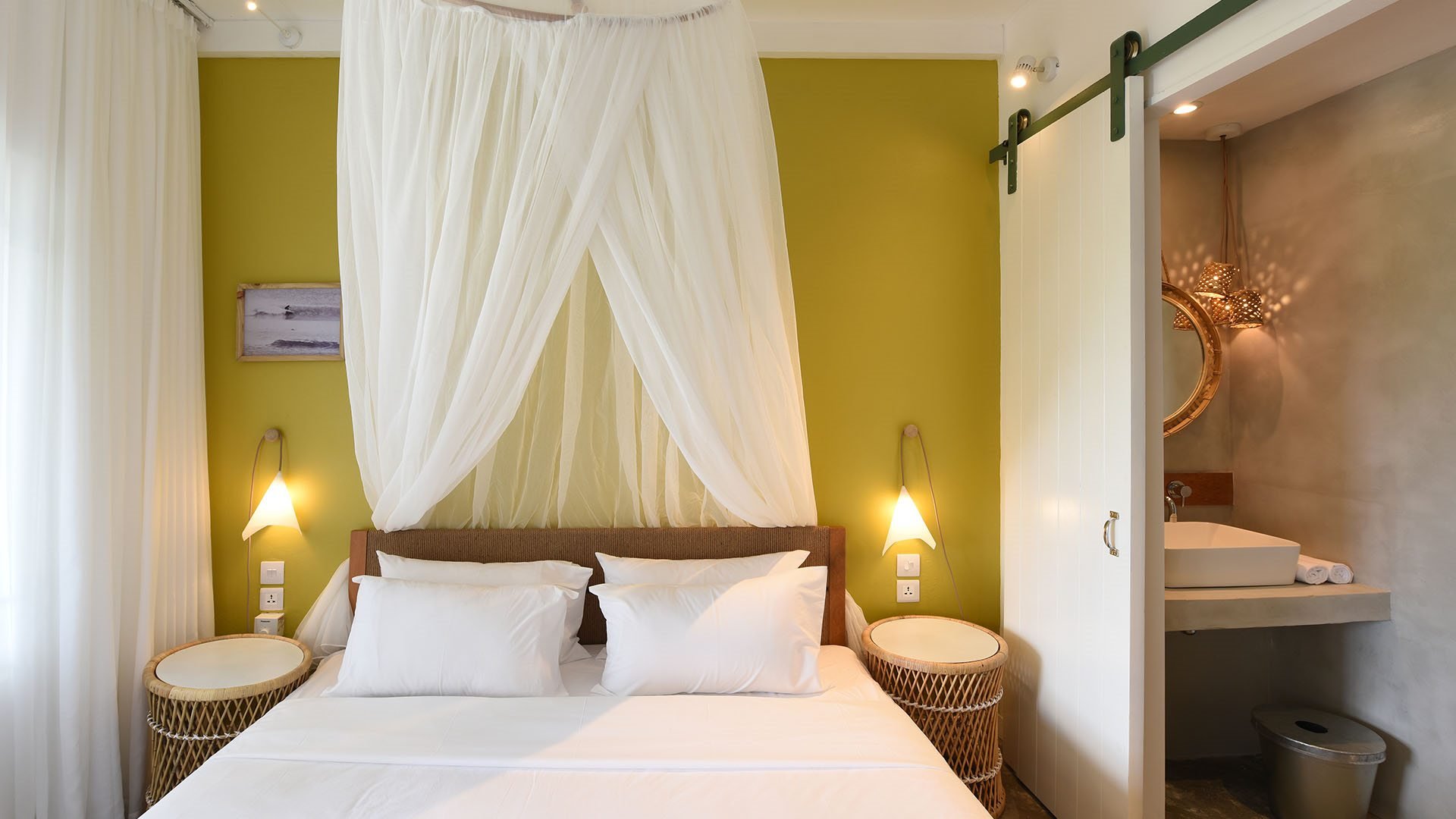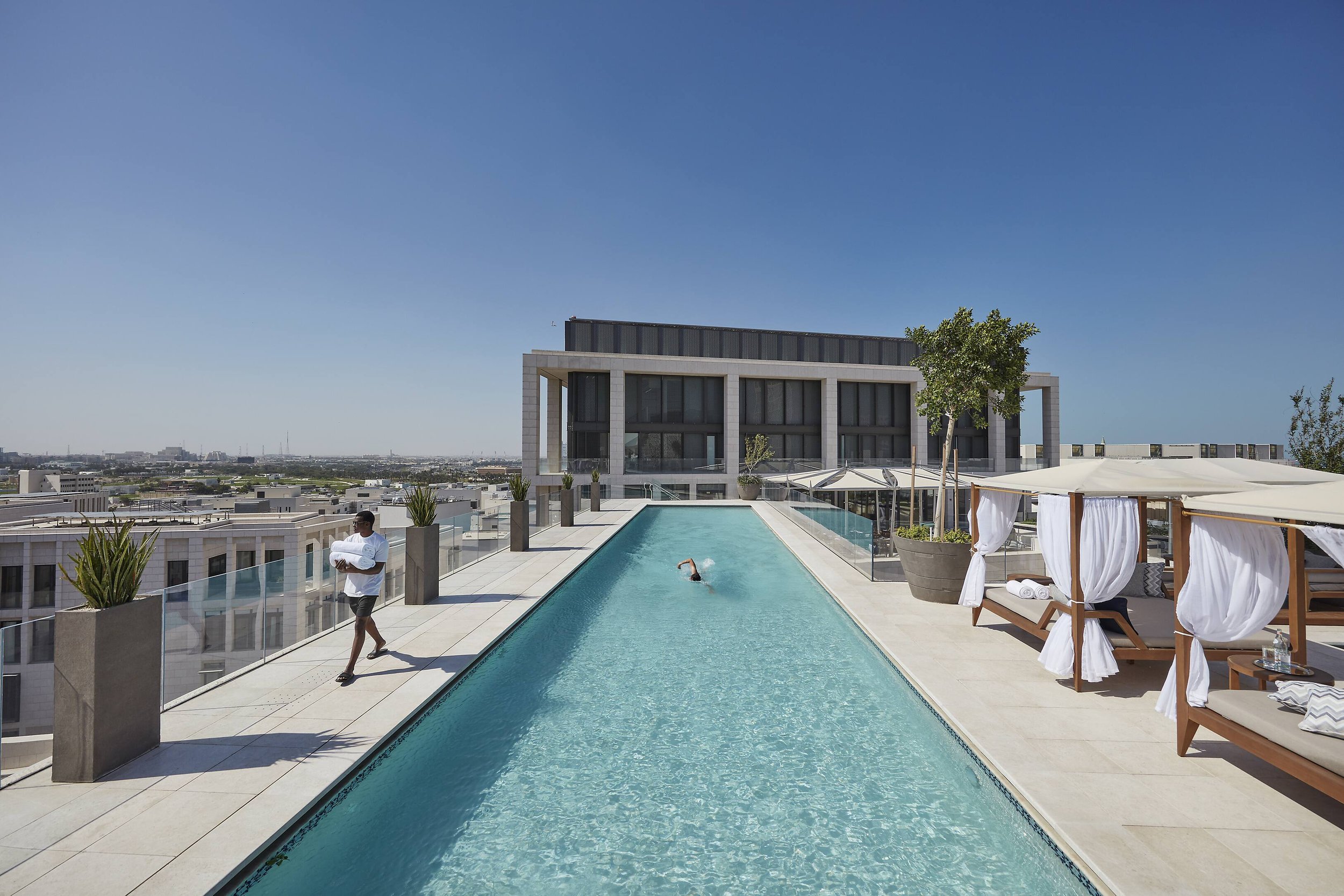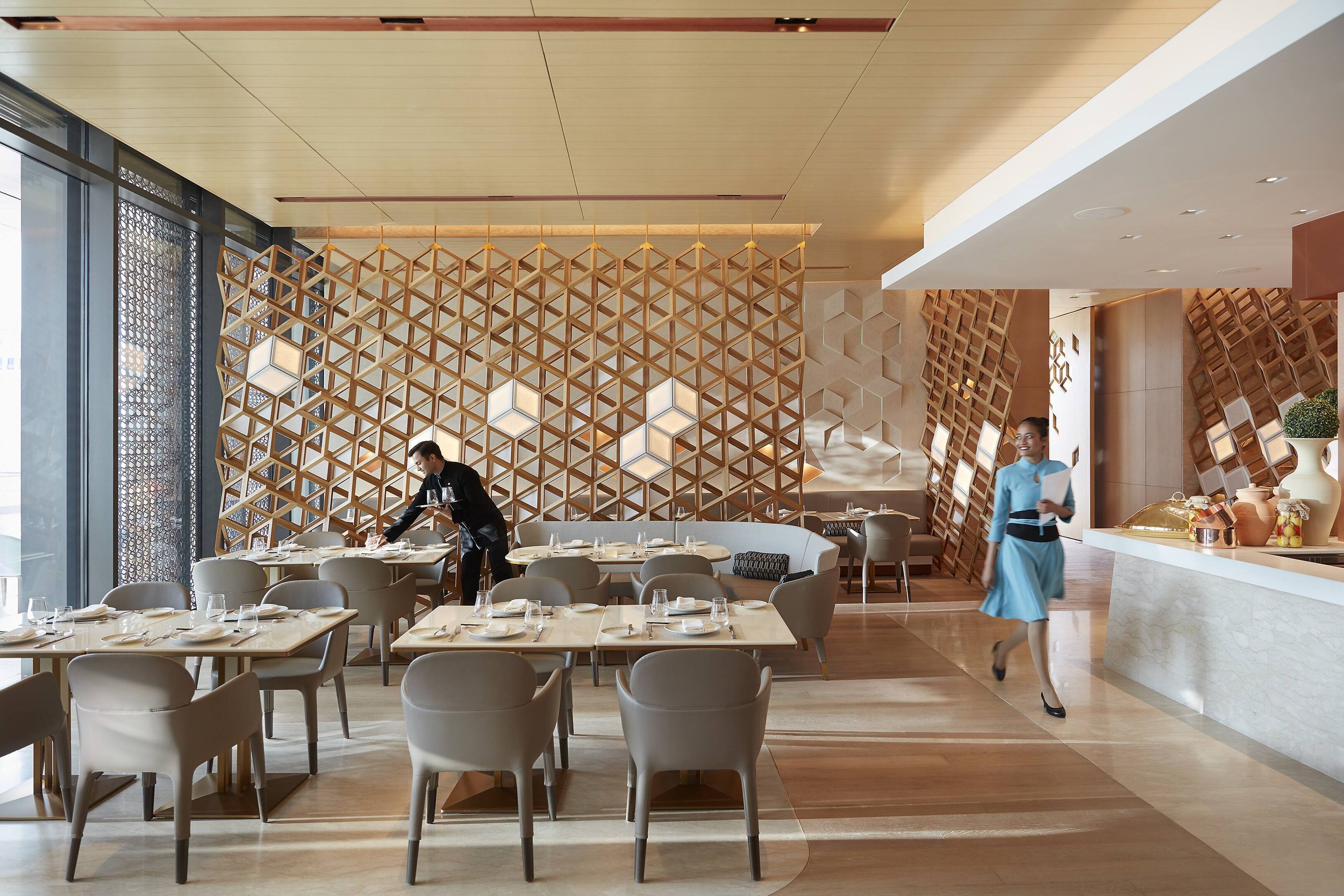The agreement was established to increase awareness about the two sustainability programmes globally and to support the hospitality industry to make more sustainable choices.
The Hotel Association of Canada (HAC) and The Foundation for Environmental Education (FEE) are pleased to announce that they have entered into a Co-Existence Agreement allowing both parties to collaborate in servicing the sustainability certification needs of hotel companies and corporations under the name of HAC’s Green Key Global in the USA & Canada and FEE’s Green Key in countries outside USA & Canada.
“We are delighted to be working alongside FEE in this game-changing agreement,” said Susie Grynol President & CEO of The Hotel Association Canada. “This will simplify the sustainability certification process for brands, eliminating the need to duplicate efforts, and allowing all hotels to benefit from third-party certification.”
“ We are proud to be entering into a closer cooperation with HAC that will better accommodate the needs of international hotel chains, thereby strengthening the sustainability of the global hospitality industry“, added Daniel Schaffer, CEO of FEE.
For more information on HAC’s Green Key Global, click here.
For more information on FEE’s Green Key, click here.





